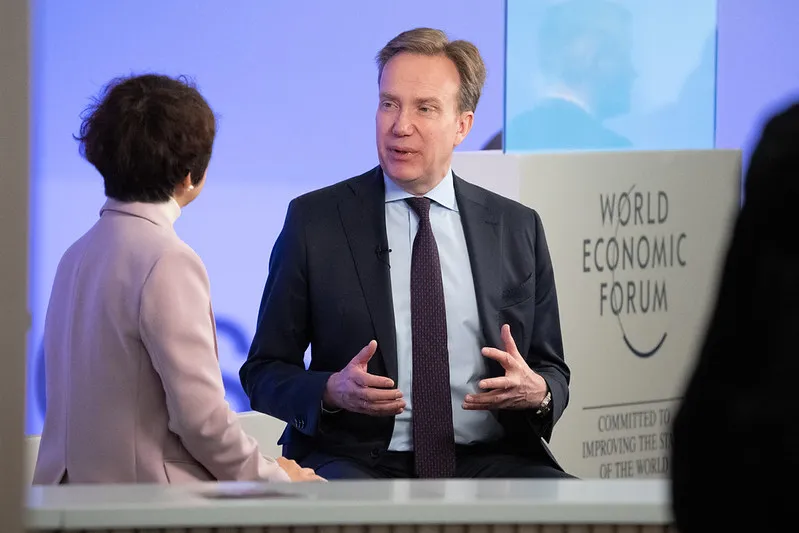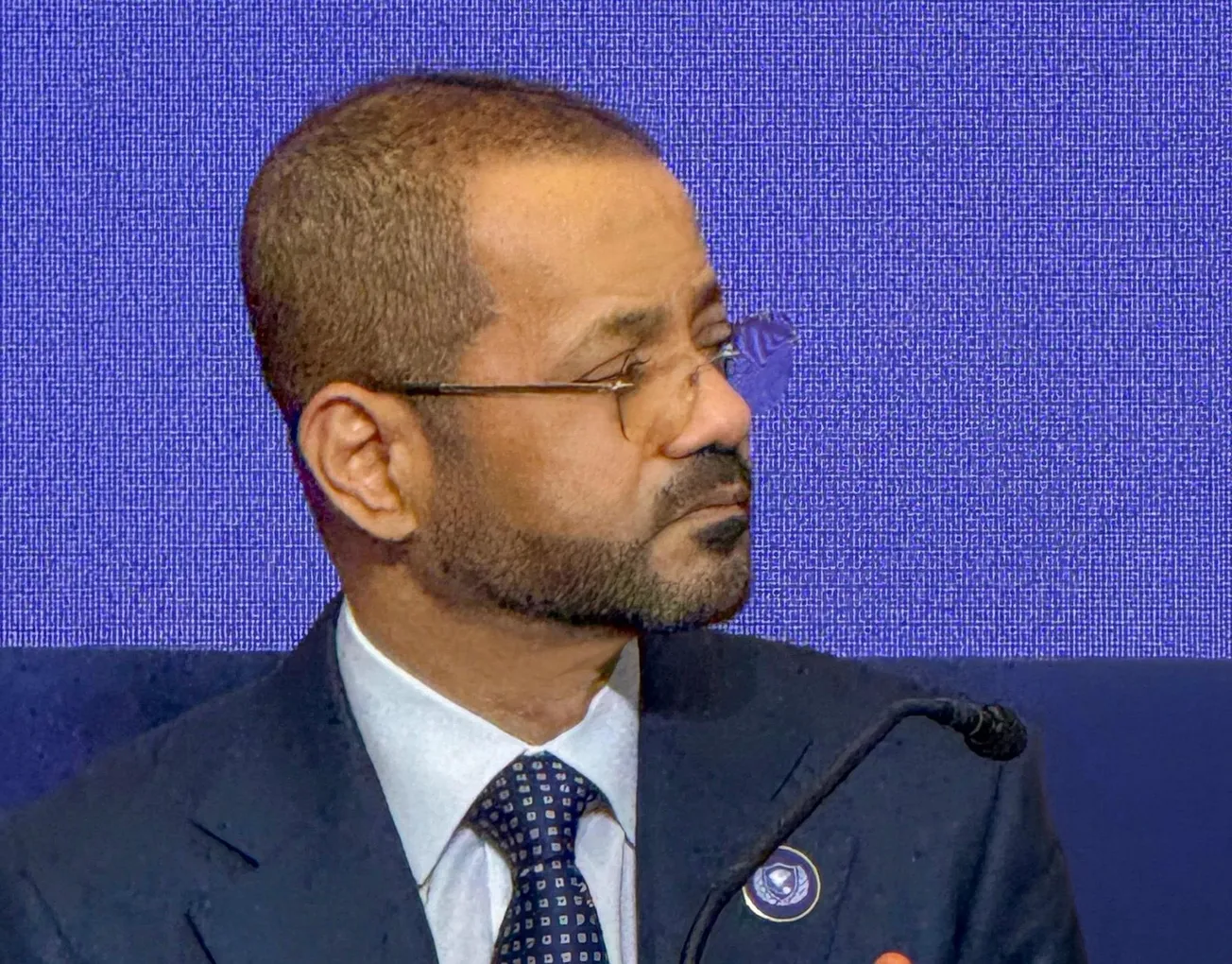According to an exclusive story by Reuters yesterday, the World Bank’s board of directors decided on Tuesday to recommend to the 30-plus donors to the Afghanistan Reconstruction Trust Fund (ARTF), administered by the World Bank, that $280 million of that $1.5 billion fund be unfrozen, and transferred to the World Food Program and UNICEF for humanitarian work in Afghanistan. The donors, however, must approve the transfer before even this small sum can be distributed, and that includes the ARTF’s largest donor: the United States.
The decision by the World Bank board does not challenge the full financial-sanctions paradigm being deployed against Afghanistan, nor is $280 million sufficient to save Afghanistan’s people, but it puts the spotlight on the Biden administration’s continued refusal to end its policy of genocide against the Afghan people and nation. The world should know tomorrow if the U.S. allows even this small crack in its sanctions, as Reuters reports that the donors are “expected to meet” on Friday to decide on the World Bank’s recommendation.
If the aid is approved, the issue of U.S. sanctions remains an obstacle, even though this humanitarian aid would be channeled to foreign humanitarian entities, not the interim Afghan government. The U.S. Treasury has provided “comfort letters” assuring banks that they can process humanitarian transactions for Afghanistan, but banks remain wary of being accused of breaking sanctions, so aid agencies have had difficulties getting transactions approved even for such basic supplies as food and medicine, as Reuters notes.
Others are mobilizing. Saudi Arabia, as the chair of the Islamic Summit, yesterday called for the Organization of Islamic Countries (OIC) to hold an extraordinary meeting to discuss the humanitarian crisis in Afghanistan and “pathways for an urgent humanitarian response,” because regional and world peace and stability is threatened by the crisis, WION news reported. The Pakistani government quickly offered to host the meeting on December 17 in Islamabad, with Foreign Minister Shah Mahmood Qureshi expressing his confidence “that the OIC Member States will endorse this offer.”



